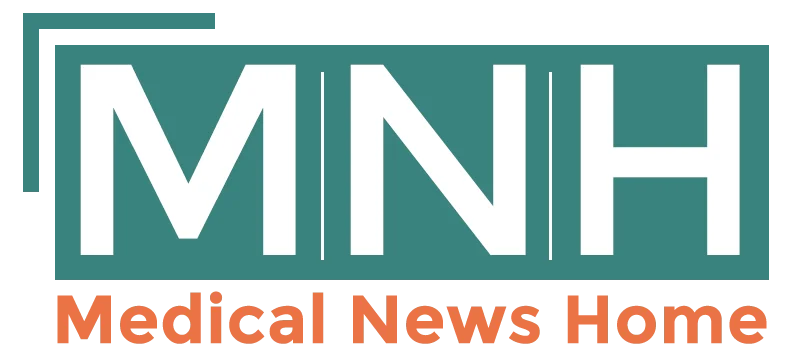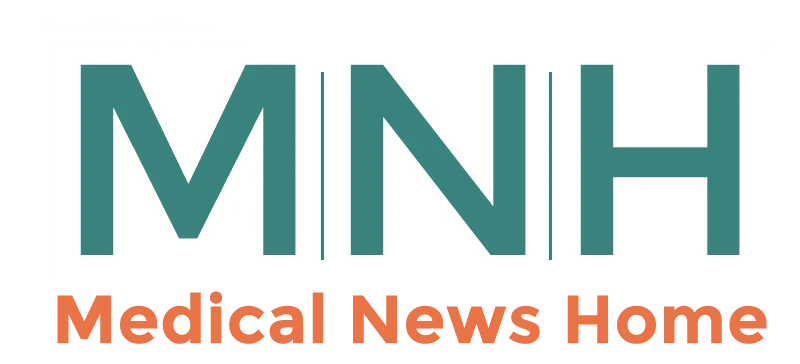The Role of Big Data Analytics in Population Health Management
- Updated on: May 7, 2025
- Published on Jul 13, 2023

Population health management focuses on improving the health outcomes of a defined group of individuals. It involves proactive strategies to identify health risks, prevent diseases, and enhance the overall well-being of the population. Big data analytics, on the other hand, refers to the process of examining large and complex datasets to reveal patterns, trends, and associations.
Understanding Big Data Analytics
Before delving into the role of big data analytics in population health management, it is crucial to understand the core concepts and techniques involved. Big data analytics encompasses a range of methods, such as data mining, machine learning, and predictive modeling, to extract actionable insights from vast datasets.
Importance of Population Health Management
Population health management is essential for addressing the growing healthcare challenges faced by communities worldwide. By focusing on preventive care, early intervention, and coordinated healthcare delivery, population health management aims to improve health outcomes while reducing costs.
Applications of Big Data Analytics in Population Health Management
Predictive Analytics for Disease Prevention
Predictive analytics utilizes historical data and statistical models to forecast future health events. In population health management, predictive analytics can help identify individuals at high risk of developing chronic conditions or diseases. By leveraging this knowledge, healthcare providers can intervene early, implement preventive measures, and improve patient outcomes.
Real-Time Monitoring and Surveillance
Real-time monitoring and surveillance leverage big data analytics to track and monitor health indicators in real-time. By collecting and analyzing data from wearable devices, electronic health records, and other sources, healthcare professionals can gain insights into population health trends, detect outbreaks, and respond promptly to public health emergencies.
Identifying High-Risk Populations
Big data analytics enables the identification of high-risk populations by analyzing demographic, clinical, and social determinants of health. This information helps healthcare organizations target interventions and allocate resources effectively to individuals who are more likely to benefit from proactive interventions.
Enhancing Treatment Outcomes
Data-driven insights derived from big data analytics empower healthcare providers to personalize treatment plans and interventions. By considering individual characteristics, treatment histories, and genetic profiles, clinicians can optimize care pathways and improve treatment outcomes for patients.
Challenges in Implementing Big Data Analytics in Population Health Management
While big data analytics holds tremendous potential, its implementation in population health management is not without challenges. Some of the key hurdles include:
Data Privacy and Security
The vast amount of sensitive health data involved in big data analytics necessitates robust privacy and security measures. Safeguarding patient confidentiality and complying with regulations such as HIPAA (Health Insurance Portability and Accountability Act) is paramount.
Data Quality and Integration
Integrating data from disparate sources and ensuring its quality and accuracy pose significant challenges. Incomplete or inconsistent data can hinder the generation of reliable insights, necessitating effective data governance and standardization protocols.
Limited Interoperability
Healthcare systems often employ different technologies and data formats, leading to interoperability issues. Seamless data exchange and interoperability standards are crucial for the successful implementation of big data analytics in population health management.
Healthcare Provider Resistance
Adopting big data analytics requires a cultural shift within healthcare organizations. Resistance to change, lack of data literacy among healthcare professionals, and concerns about job displacement can impede the integration of analytics-driven approaches.
Best Practices for Successful Implementation
To overcome the challenges associated with implementing big data analytics in population health management, organizations can follow these best practices:
Establishing Data Governance
Robust data governance frameworks help ensure data integrity, privacy, and security. Establishing clear policies, procedures, and accountability mechanisms enables organizations to harness the power of data analytics responsibly.
Ensuring Data Privacy and Security
Healthcare organizations must invest in advanced security measures to protect sensitive patient data. Encryption, access controls, and regular security audits are vital to maintaining data privacy and preventing unauthorized access.
Investing in Data Infrastructure
Developing a scalable and secure data infrastructure is critical for handling large volumes of healthcare data. Cloud computing, data warehouses, and advanced analytics platforms provide the necessary foundation for efficient data processing and analysis.
Training and Education for Healthcare Professionals
Equipping healthcare professionals with the necessary data analytics skills is crucial for successful implementation. Training programs and continuing education initiatives can help bridge the gap between clinical expertise and data-driven decision-making.
The Future of Big Data Analytics in Population Health Management
The future of big data analytics in population health management looks promising. Advancements in technologies like artificial intelligence and machine learning will further enhance the capabilities of analytics in predicting disease outcomes, identifying population health trends, and delivering personalized healthcare interventions. The integration of data from diverse sources, including social determinants of health, will provide a more holistic understanding of population health and enable targeted interventions to address health disparities.
As healthcare systems continue to adopt electronic health records and wearable devices become more prevalent, the availability of real-time data will increase exponentially. This wealth of data will fuel innovation in population health management, enabling proactive interventions, early detection of diseases, and improved patient outcomes.
Furthermore, the use of big data analytics in precision medicine will revolutionize healthcare delivery. By analyzing genetic and genomic data, healthcare providers can develop personalized treatment plans tailored to an individual’s unique genetic profile, enhancing treatment efficacy and minimizing adverse effects.
However, as big data analytics continues to evolve, it is crucial to address ethical considerations and privacy concerns. Striking the right balance between data utilization and protecting patient privacy will be a key challenge in the future.
In conclusion, big data analytics plays a pivotal role in population health management by providing actionable insights to improve health outcomes and enhance healthcare delivery. By leveraging the power of analytics, healthcare organizations can proactively address health risks, personalize treatments, and optimize resource allocation. Despite the challenges, the future holds tremendous potential for leveraging big data analytics to transform population health management and create a healthier future for communities worldwide.
Conclusion
Big data analytics has the potential to revolutionize population health management by providing valuable insights into health trends, risk identification, and treatment optimization. By leveraging the power of data, healthcare organizations can make proactive decisions, deliver personalized care, and improve patient outcomes. However, challenges such as data privacy, quality, interoperability, and provider resistance must be addressed for successful implementation. With advancements in technology and a focus on ethical considerations, big data analytics will continue to shape the future of population health management, creating a healthier and more resilient society.


